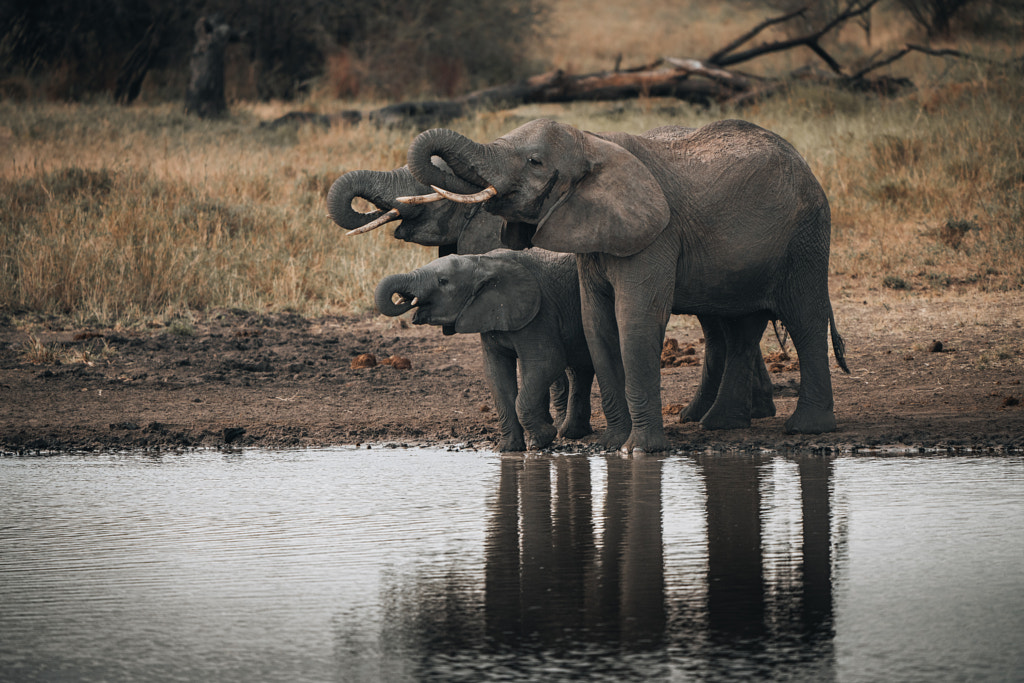“Crime is contagious. If the government becomes a lawbreaker, it breeds contempt for law; it invites every man to become a law unto himself; it invites anarchy.”
—Louis Brandeis
“Baseless” has become a code word for “true”.
If you want to go fast, go alone on Twitter. If you want to go far, go together…
Steve Monaghan know all about Hyppytyynytyydytys and those saunas at the lakes dangerous lakes and cold rivers
Rick Morton: Growing Up in Country Australia
Money makes the world go round, but does it make us happy?
Money is one of the most fraught subjects; it raises powerful emotions in all of us. Too much money often corrupts people - too little can make people feel desperate.
Growing up in rural Queensland, journalist Rick Morton has known poverty from the inside. Now he isn't poor, but his spending habits and attitude to money are still informed by growing up without it. In On Money, Morton examines the meaning of money and exposes the lie behind the government's mantra: have a go, get a go.
Rick Morton is an award-winning journalist and the author of three non-fiction books. His latest My Year of Living Vulnerably launched on 17 March, 2021.
Morton is also the author of One Hundred Years of Dirt (MUP, 2018) and the extended essay On Money (Hachette, 2020).
Dirt is part family memoir, part book of essays about growing up on the outside in Australia. It explores intergenerational trauma, poverty, addiction and mental health and the role of a mother who tried to love enough for the failures of everyone else around her. He is the Senior Reporter for The Saturday Paper. Originally from Queensland, Rick worked in Sydney, Hobart, Melbourne and Canberra as the social affairs writer for The Australian with a particular focus on social policy including the National Disability Insurance Scheme, aged care, the welfare system, religion and employment services. Rick is the winner of the 2013 Kennedy Award for Young Journalist of the Year and the 2017 Kennedy Award for Outstanding Columnist. He appears regularly on television, radio and panels discussing politics, the media, writing and social policy.
Explore rooms throughout the White House holiday décor which represents what brings us together during the holidays and throughout the year.
Cory Doctorow Wants You to Know What Computers Can and Can’t Do
The New Yorker: “…Doctorow, who is fifty-one, grew up in Toronto, the descendant of Jewish immigrants from what are now Poland, Russia, and Ukraine. Before becoming a novelist, he co-founded a free-software company, served as a co-editor of the blog Boing Boing, and spent several years working for the nonprofit Electronic Frontier Foundation. Our first conversation, in late 2020, took place just after he had published the novel “Attack Surface,” part of his Little Brother series; it dramatizes the moral conflict of cybersecurity insiders who try to strike a balance between keeping their jobs and following their consciences. The second time we spoke, Doctorow told me that he had eight books in production. “I’m the kind of person who deals with anxiety by working instead of by being unable to work,” he explained, when I asked how he was handling the ongoing pandemic. Among those eight books were “Chokepoint Capitalism,” co-written with the law professor Rebecca Giblin and published this past September, and “Red Team Blues,” a novel set in the world of cryptocurrency, which will come out in April. In the course of two interviews, Doctorow discussed the right and wrong lessons that one can learn from science fiction, the real dangers of artificial intelligence, and the comeuppance of Big Tech, among other topics. Those conversations have been edited for length and clarity…”
Google is a company that’s only made one-and-a-half successful products in its entire history. It made a search engine and a Hotmail clone, and everything else that it’s done that’s successful it bought from someone else. The only way it was able to build a good video service was by buying YouTube. This is why merger scrutiny is such a big deal, because these companies are not built by super geniuses who use their access to the capital markets to build these impregnable businesses which no one else can assail. They are regular, venal mediocrities who use their access to the capital markets to buy everyone who might threaten them. If there’s merger scrutiny, that just stops happening. My best hope for the next three years is that we win against Big Tech, then we take on Big Everything Else. My more realistic one is, over three years, it’s probably not going to get to the point where we break up Big Tech. But I do think that we will have at least one major interoperability mandate in one major market—that would be the U.S., the European Union, or India. I think it’s quite possible that there will be interoperability mandates in China…”
